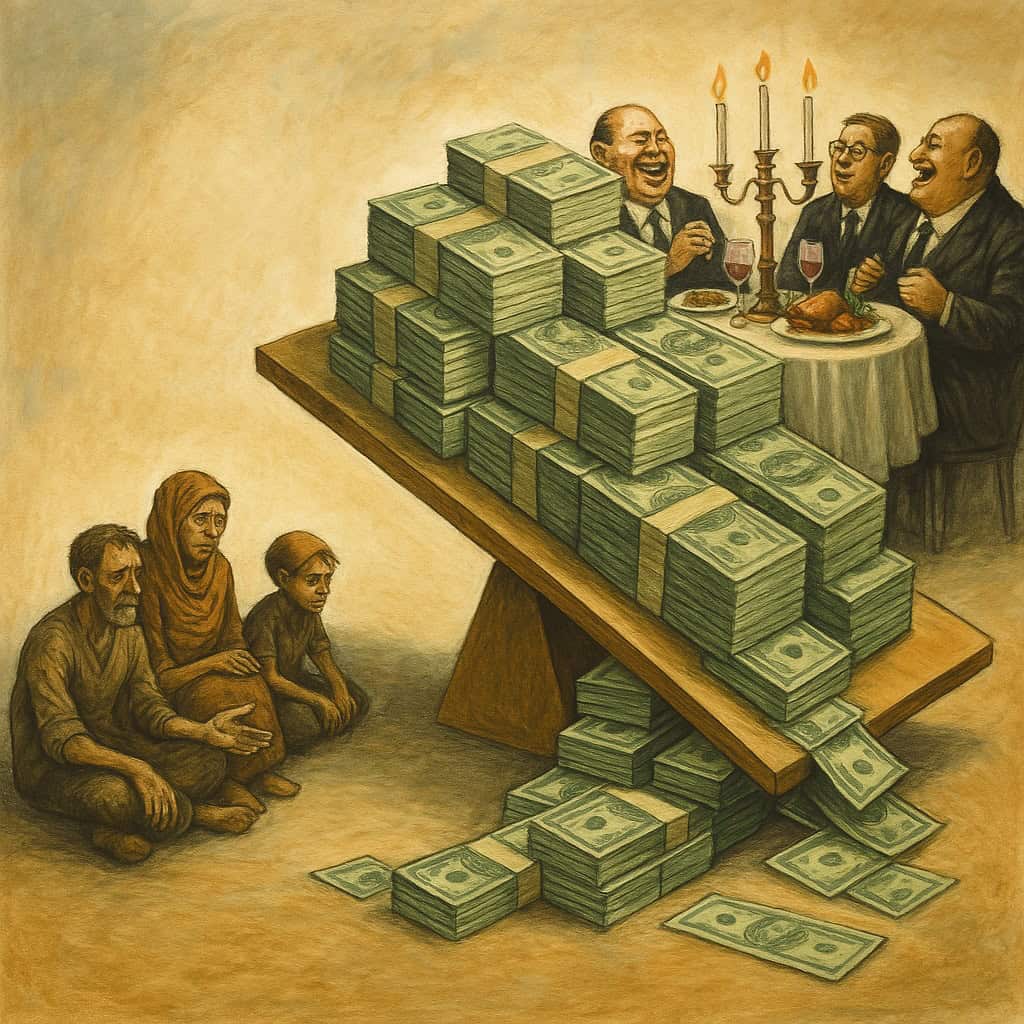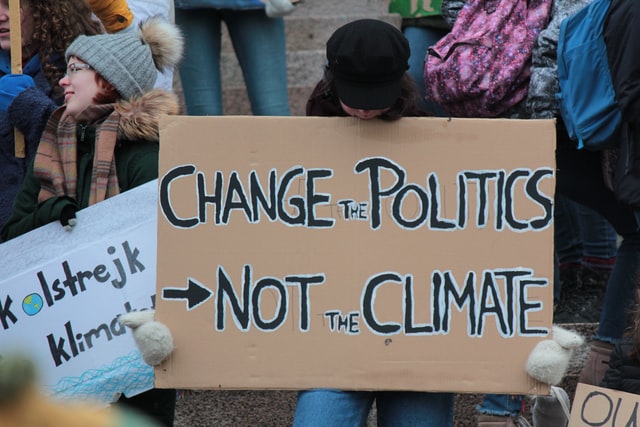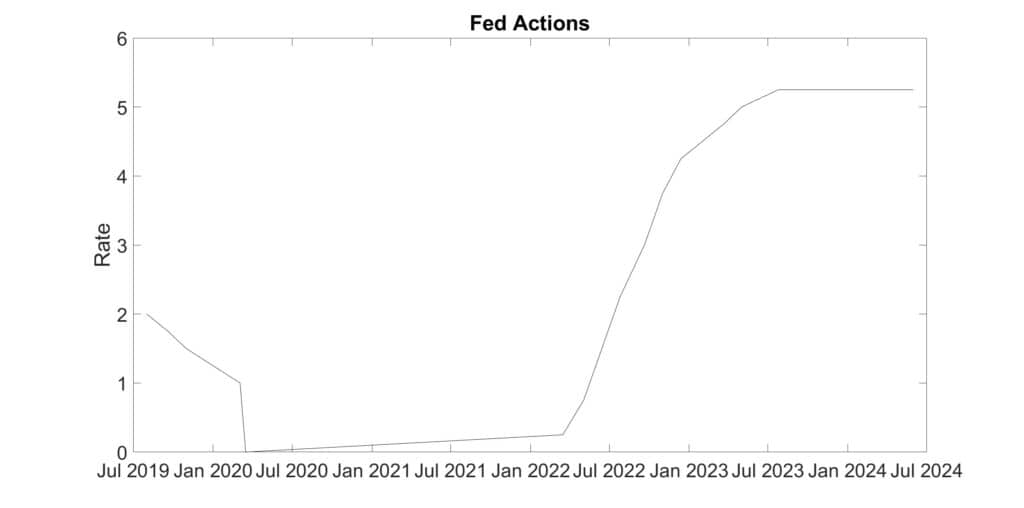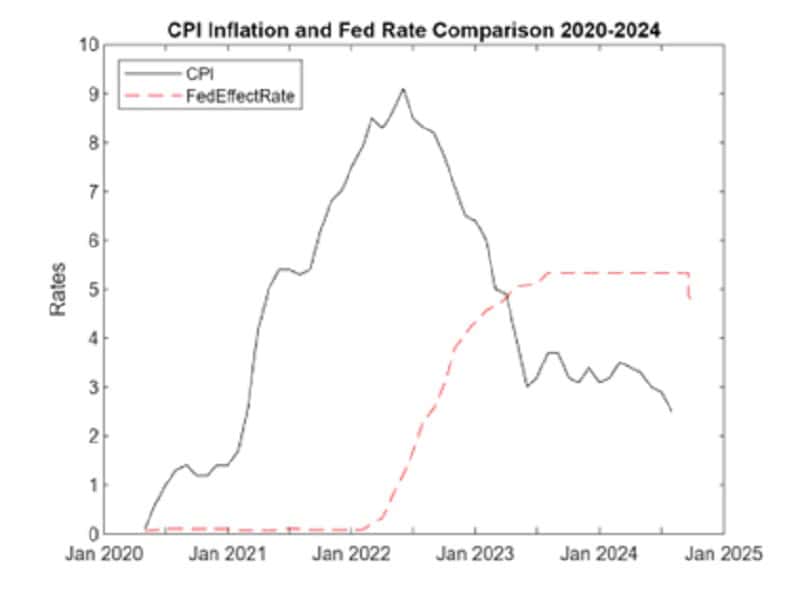Federal Economic Policy
Constitution and Bill of Rights
The United States has a great Constitution and Bill of Rights and does a lot of good things. Yet it needs adjustment to current economic reality, such as insisting that representatives write laws and regulations, not corporate lobbyists.
As I see it, government has 3 main goals of its economic policy.
- Provide the chance for everyone to make the most of their abilities. Help those who can’t help themselves.
- Ensure the economic marketplace is fair and stable.
- Protect the country against crises than threaten society’s economic livelihood.
Major Adjustments
- Corporations pay incomes taxes in the same brackets as individuals.
- Religious entities pay income taxes in the same brackets as individuals.
- All individual income, including capital gains, should be taxed as W2 income. Choice to declare cap gains yearly or wait until sale or estate settlement is available.
- FICA taxes apply to all income.
- Universal Basic Healthcare would be like Medicaid benefits. Additional coverage would be available from private medical services.
Experts estimate that healthcare makes up 18% of the US economy. That’s 4% more than Germany and France’s 14%. We should shrink that percentage. The current employer-mediated health benefits result in quite uneven availability of medical care. In addition, one lesson from the pandemic is that many low-paid workers are essential workers. To keep the entire economy running, the economy needs all workers healthy.
Government Debt
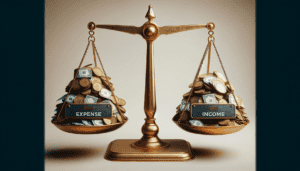
We need to make sure that the government debt does not destabilize the economy. When discussing budgetary deficits, we also must consider the growing net worth of US federal property. If the annual growth in net worth is greater than the annual deficit, our economy can support it—just as a household or a business can.

When discussing budgetary deficits, we must consider estimating future liabilities like social security and Medicaid, as well as values of infrastructure and personal rights in encouraging business developments.
Provide Fair Opportunity to All
The federal government needs to ensure that it treats all applicants in a fair and impartial manner in both public academic and workplace settings. A uniform, high level of public schooling must be available for all children, but public schools do not have to match special enrichment that wealthy parents can provide. In the public workplace, conditions and preferences must be consistent for all applicants.
Economic Stabilization
Although I hear the business channel talking heads complain incessantly, against economic news, a recent National Bureau of Economic Research investigation of the business cycle shows that government economic activities, in the past 75 years have increased the expansion segment to 65 months and decreased the average recession to 11 months. From 1850 to 75 years ago, the average expansion was 26 months, while the average recession was 21 months.
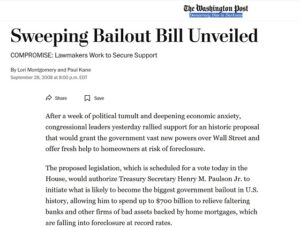
In this century, there have been 3 significant crises which the government reacted to maintain the economic strengths. After 9-11, there was support for airline industries. In 2007, the start of the Great Recession because of the Housing Bust. Last, the pandemic and lockdown shook the economy and the society to its roots.
Lots of money went to bailout corporations. Shouldn’t the government, all taxpayers, and society be paid for providing this protection to corporations?
Religious Spaces
This harkens back to the taxation subject. Religious organizations do good work such as provide schools and universities, hospital services, charity to those in need, homeless shelters, etc. It’s totally sensible for them to want to enforce their religious beliefs in those spaces; however, that changes those locations from public to religious spaces. Since everyone the government sees as a citizen cannot get served there, the government should not reimburse the schools, hospitals, charities, and shelters for services rendered, since they are not available to all citizens.
It is necessary for the religious organization to prominently sign the spaces they want to claim government reimbursement for services rendered as public and make sure that they accept all citizens. A sign indicating the they serve only religious adherents, of course, is allowed.
The government’s role is guarantee that the spaces is operating as signed. In that fashion, if the local populace likes the facilities designation (public or religious) it can rationally decide whether to patronize or not.
In a similar fashion, individual members of a religious community can elect to serve everyone or restrict service to their religious community. Again, the government would be guarantee the truth of the shop’s patronage signage. A business that serves the public would be eligible for public business programs.
Corporations are Not Citizens
Corporations need to pay an appropriate amount for their ability to profit under society’s rule of law and the efforts of their workers and the stockholders.
- At reincorporation, bylaws must bind them to paying a livable wage to full-time adult workers, i.e. they can’t use the government to pay part of their employee’s living expenses as by food stamps, SNIP, etc.
- Stock buybacks, excess profits they are returning, need to pay society, their workers, and their stockholders. One-third to each stakeholder.
- Let’s establish and maintain a fixed maximum ratio of CEO (top hired hand) to average full-time worker. If CEOs desire increased compensation, the average full-time worker must get a proportional raise. Note: Companies pay CEOs as hired operators, not as company founders who retain profits from the growth of their stock price.
- Corporate rules that are binding. The government’s role is to ensure enforcement, not to write the rules.
- Corporations are not allowed to contribute to candidates or political parties, although they can lobby for their economic interests.
- A strict ban on government employees becoming lobbyists for their prior government roles. A similar ban on lobbyists joining the government to oversee their prior industry oversight.
Arguments Against Any Adjustment
General: the government is too large as it is. This will make it larger. It doesn’t have to. It can make the government budget have a more balanced inflow and outflow, with an increasing net worth because of infrastructure, technological progress, and scarce natural resources.
There is a moral hazard allowing government interference with the pricing of corporate failures. The government picked winners, guided by embedded lobbyists. Those corporations earned inflated returns in prior years. They should have lost money to make sure market cost for failure.
Too generous of a social safety net discourages work. Contrary fact 20% of those on disability take employment enhancement programs. However, a NPR report on abuses of disability, using in place of welfare and also assigning children assigned because family needs money.
Government, God, and Gold
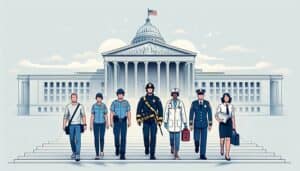
Government economy policy in the United States needs to be separated from God’s goals and corporate ambitions (Gold). Why? First, because not everyone shares the same religion. Second, corporations desire to maximize profit, whether it’s good or bad for US citizens.
TikTok law highlights the inability of Congress to pass a law protecting residents from social media harm—misinformation, bullying, and foreign election interference. Congress should not be singling out single companies. That’s picking winners and losers.
The 1980s-2000s government free trade policy led to the decimation of many old-line industrial companies in the Midwest in pursuit of lower inflation. That did not work well. The balance between corporate profits and workers was won by corporate greed with lobbyists and economists ignoring hollowing out industrial metropolitan centers.
Can you imagine a quadrennial up-or-down plebiscite binding on the Federal government?
What guideline would you like for the government to be held to? Perhaps never exceeding 3% annual budget deficit or never allocating foreign aid when social programs at home are under-funded?
Additional Information
Essential Frontline workers https://econofact.org/essential-and-frontline-workers-in-the-covid-19-crisis
Brookings Institute on Essential Frontline workers https://www.brookings.edu/articles/the-covid-19-hazard-continues-but-the-hazard-pay-does-not-why-americas-frontline-workers-need-a-raise/
WashingtonPostBailout https://www.washingtonpost.com/archive/national/2008/09/29/sweeping-bailout-bill-unveiled/9552a726-b1a1-4638-836c-77b5bd9c4d6e/
NPR Unfit for Work
Congressional Report on Business Cycle https://crsreports.congress.gov/product/pdf/IF/IF10411
Government and Corporations https://www.rhamill.com/government-corporations/

